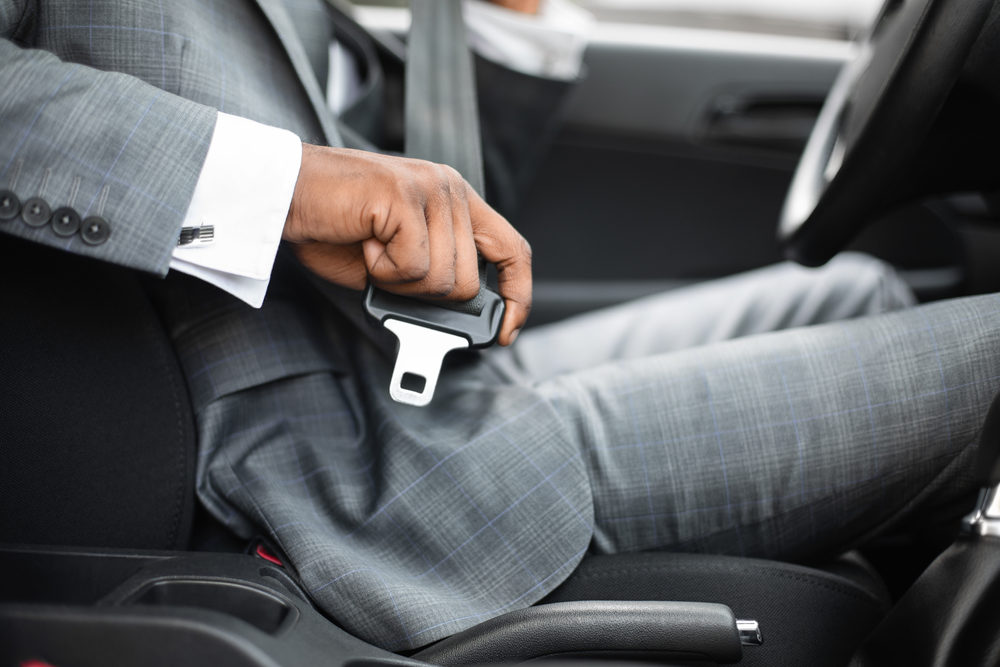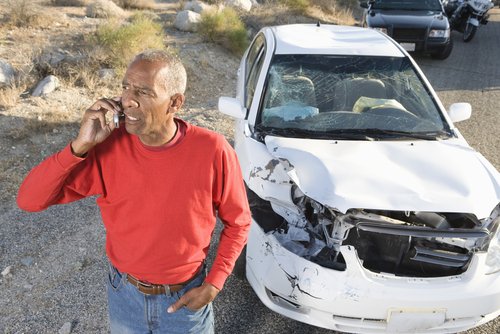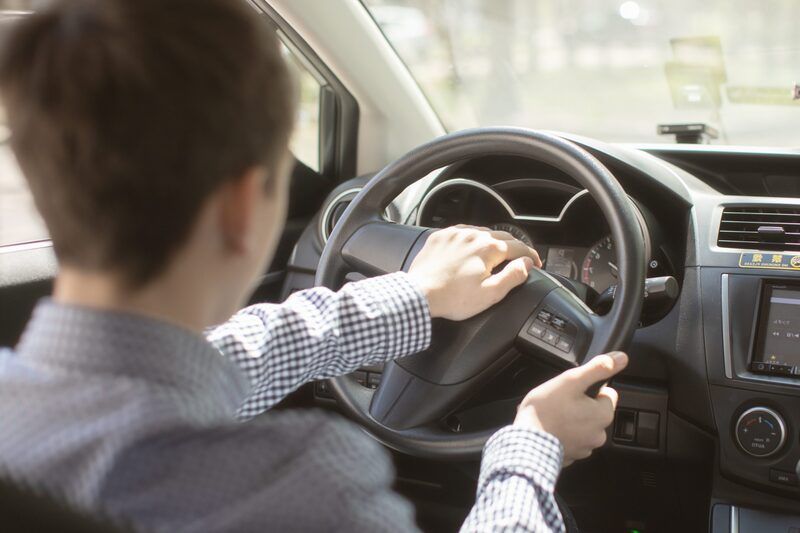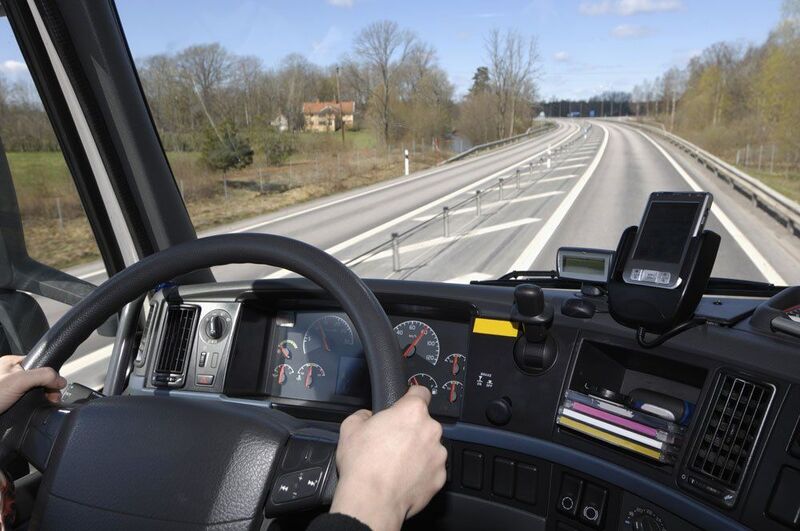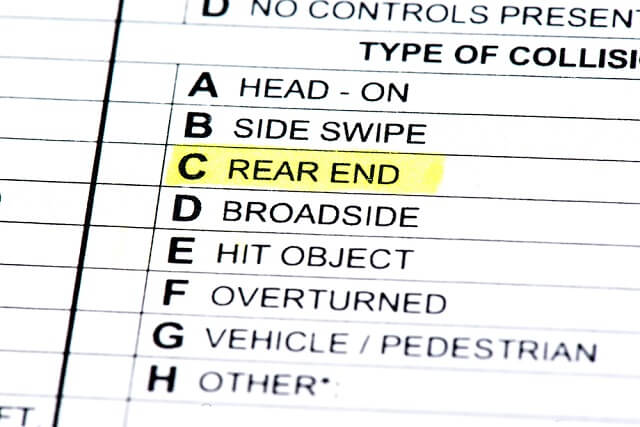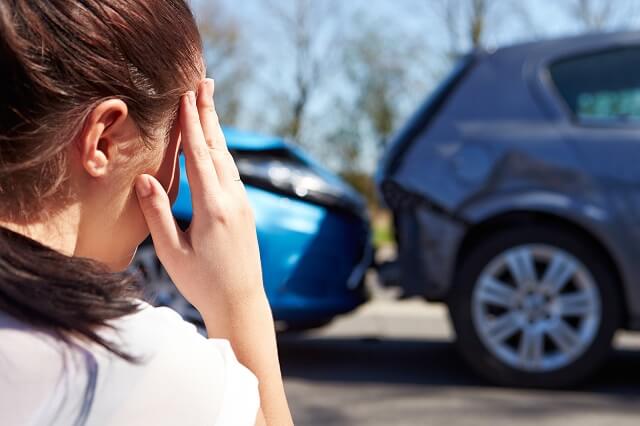
Some of the important information that will be in the police report include the following:
Statements – Usually, the police officer records what each driver says about how the accident happened. The police officer will often also document what one or more witness at the scene of the wreck states about what occurred.
Diagram of the Scene – Many times the officer will include a rough drawing of the scene of the accident. For more serious collisions, the officer will take pictures and may even call in a police accident reconstruction team to do a detailed analysis of the crash.
Police conclusions about fault – Typically, the officer will write a brief narrative of his or her opinions on how the accident happened, and complete a section of the report indicating who or what caused the wreck. The officer will also record whether any citations were issued and to which driver(s), if any.
Property damage – Police officers will document the location and extent of the damage to any vehicles involved in the accident. They will also indicate whether or not any vehicles had to be towed from the scene.
Injuries – The police will usually document whether anyone was injured in the crash, and the severity of the injuries.
Ambulance transport – If anyone is taken from the accident scene in an ambulance, this will be recorded in the police report. The officer will include the name of the ambulance company and the name of the hospital where the ambulance brought them.
Police officers are typically viewed as independent, neutral parties, who are not connected to anyone in the accident, and are just doing their jobs. People, including the potential judge and jurors, will often defer to what a qualified police officer has determined during his or her investigation of the car wreck.
BUT, no one is right all of the time, not even the police. If the police report contradicts your case in one or even a few ways, many times that is something that an experienced and qualified car accident attorney can help to overcome. If the police report incorrectly puts you at fault, you have a good reason to be concerned. However, your lawyer should be able to hire an expert in car “accident reconstruction” who can prove how and why the accident was not your fault.
Sometimes the police report will say that you were “not injured.” While it would, of course, be better if the police report did have a record of all of your injuries, this does not generally destroy your car accident case. Often, police simply check “not injured” because no one requested an ambulance. Most officers will acknowledge as much during questioning, and will defer to what the doctors have to say because they are not medical experts. Your medical treatment providers who treat you after accident will need to make a record of your injuries. As long as your doctors support your injury claims, what the officer writes about your injuries should not be a big concern.
While the police report is definitely not the last word on all of the important issues in your case, it is still an important piece of evidence.
If you have been injured in a car accident, learn about your legal rights from an experienced Louisiana car collision lawyer by calling 504-581-4892 or by filling out our free, no obligation case review form.
Free Case Evaluation
More About HHK
Other Car Accidents News
When you get into a car, fastening your seat belt […]
After you are involved in an auto accident, it is […]
Throughout the country, speed limits are increasing. From highways to city streets, drivers […]
A plaintiff in an automobile accident case can usually count […]
New Orleans, LA Car Accident Compensation Lawyer Car accidents, even […]

